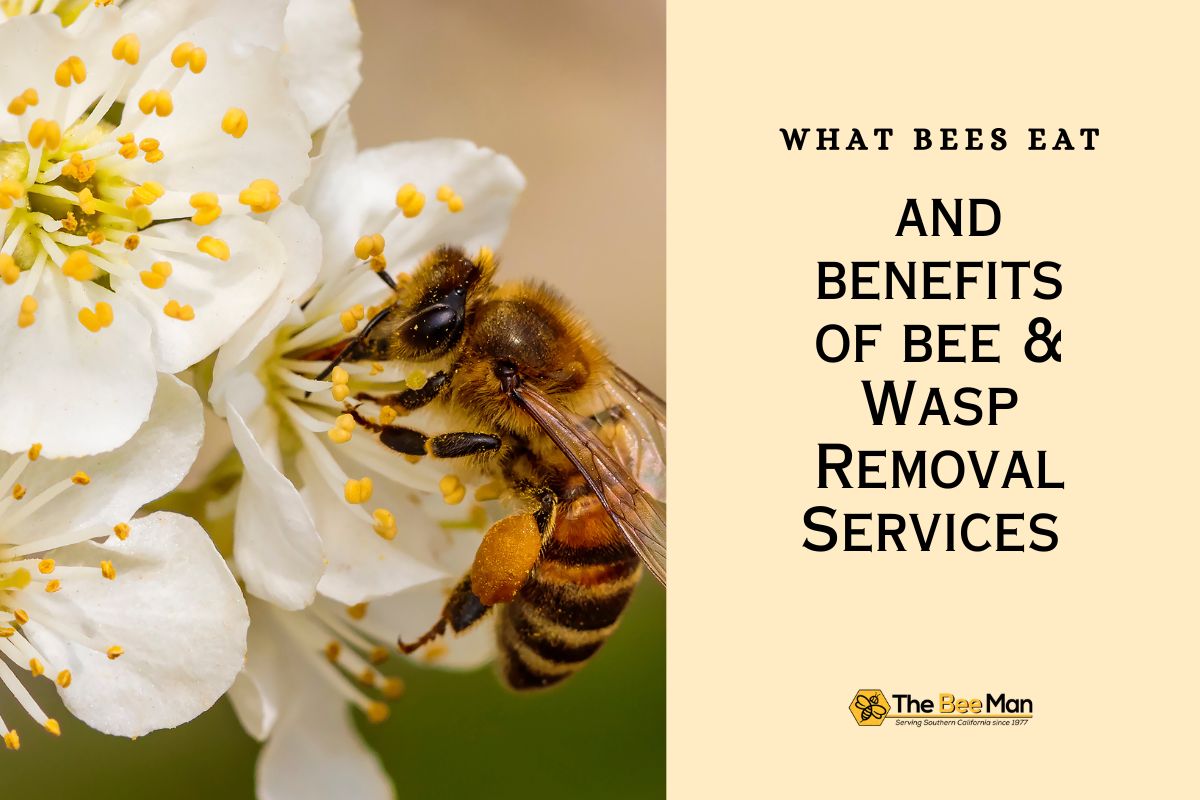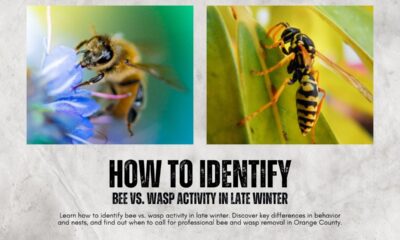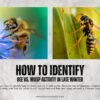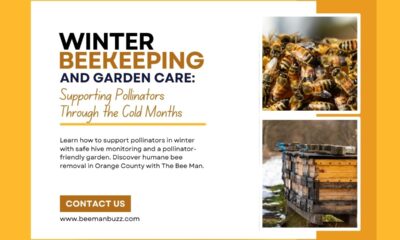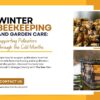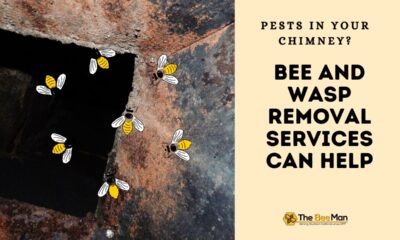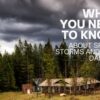Home Improvement
What Bees Eat and Benefits of Bee and Wasp Removal Services
Bees, often hailed as nature’s little superheroes, play a crucial role in pollination and maintaining the delicate balance of ecosystems. As they diligently collect nectar and pollen, they contribute to the survival of their colonies and the overall well-being of the environment. However, when bees and wasps establish their hives or nests near human dwellings, they can pose a threat and require professional removal services. In this blog, we will delve into the dietary habits of bees and highlight the benefits of engaging experts in the field of bee and wasp removal.
What Do Bees Eat?
Nectar: The Energy Source
Bees primarily rely on nectar as their primary energy source. They collect nectar from flowers using their long tongues, known as proboscis. Nectar provides bees with carbohydrates, primarily in the form of sugars, which fuel their daily activities.
Pollen: The Protein Booster
While nectar provides energy, pollen serves as a crucial protein source for bees. Bees gather pollen using their specialized hairs, known as scopae, located on their legs. Pollen is rich in essential amino acids, vitamins, minerals, and fats, making it a vital component of a bee’s diet.
Water: The Essential Hydration
Like any other living organism, bees require water for hydration and to regulate the temperature within their hives. Bees collect water from various sources, such as ponds, puddles, and bird baths.
Benefits of Professional Bee Removal Near Me
Safety and Expertise
Professional bee and wasp removal services offer a safe and efficient solution to deal with the presence of bees and wasps near residential or commercial areas. These experts possess the knowledge and tools necessary to remove the nests or hives without causing harm to the bees, the environment, or the occupants of the property.
Minimizing Health Risks
While bees are typically non-aggressive and only sting when provoked, the presence of a beehive or wasp nest in close proximity to human activity can increase the chances of accidental stings. The consequences can be life-threatening for individuals allergic to bee or wasp stings. Professional removal services can mitigate these risks, ensuring the safety of everyone involved.
Preserving Ecosystem Balance
Although bees are vital for pollination, certain species can become invasive or establish nests in inconvenient locations, such as wall voids or chimneys. These situations require professional intervention to safely relocate or remove the bees without causing harm. By doing so, professional services strike a balance between human safety and preserving the natural role of bees in pollination.
Preventing Structural Damage
Bees and wasps may construct their nests in or around buildings, leading to potential structural damage. Over time, their nests can weaken foundations, walls, and roofs. Professional removal services can identify the nest locations, assess the damage, and provide appropriate solutions to prevent further deterioration.
Educating and Promoting Awareness
Professional bee and wasp removal services often go beyond removing nests. They also offer educational resources to raise awareness about the importance of bees in our ecosystem. Sharing information about bee-friendly practices and the benefits of preserving these pollinators contributes to a more sustainable and bee-friendly environment.
Conclusion
Understanding the dietary preferences of bees sheds light on their vital role as pollinators. While bees primarily rely on nectar and pollen for sustenance, they sometimes find themselves in close proximity to human dwellings, necessitating professional bee and wasp removal services. Engaging experts in this field not only ensures human safety, but you get to enjoy summer BBQ parties if you keep bees away! Are you looking for bee and wasp removal services? If so, call the Bee Man.

